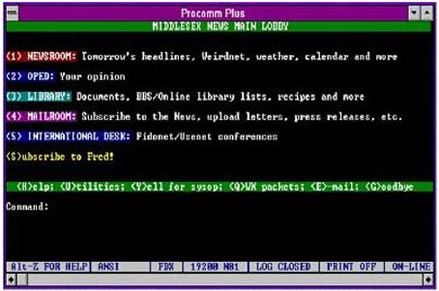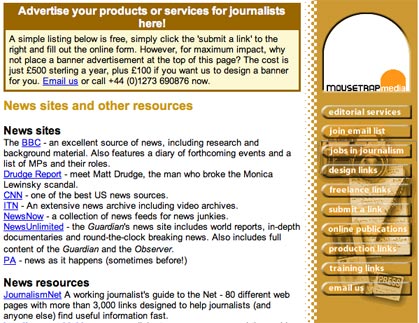We give developers the opportunity to tell us journalists why we should sit up and pay attention to the sites and devices they are working on. Today, it’s the evolution of the browser with social browsing software from Flock.
1) Who are you and what’s it all about?
Hi I’m Evan Hamilton, community ambassador for Flock.
Flock is a software company that is building a unique, social browser off of the technology that powers the Mozilla Firefox.
It takes browsing to the next level by integrating a number of social networking and media services.
While you can still surf the web normally we also bring in updates. Photos and videos from your friends show up in the media bar at the top of the browser, your friends appear and update within the people sidebar, and myworld collects all your online information (feeds, favorites, media and friend updates) in one place.
Additionally, we make sharing great online content easier by allowing you to drag and drop photos, text, and links from any website (or your media bar) to friends in the people sidebar, web-mail, blog posts, and comments.
Flock will automatically embed or link to this content. It also integrates with services like YouTube, Facebook, Twitter, Flickr, and Gmail.
2) Why would this be useful to a journalist?
Journalists spend most of their time collecting research and then compiling it into stories. Flock makes it incredibly easy to have the latest news at your fingertips for consumption and collection.
Its feed reader will pull in updates from whichever websites you wish (assuming they have an RSS feed set up).
Found a piece of content you want to file away for a later story? Flock comes with a “web clipboard” to which you can add photos, videos, text and links to use later. Grab whatever you find compelling on a page and drop it into a folder for the article you’re working on, then access it later.
It’s all contained within the sidebar, not on your hard drive, so you can collect whatever you need before posting your blog or using it in your article.
3) Is this it, or is there more to come?
There’s much more to come. Flock 1.2 will be coming out shortly, which introduces more integrated services.
Later in the year, Flock will be updating to the codebase powering the yet-to-be-released Firefox3. Beyond that, Flock has many plans to innovatively improve upon your web browsing experience.
4) Why are you doing this?
The web has dramatically evolved in the last few years, but the web browser has not. Web pages are no longer the only destination on the web; now we have photo and video objects, friends, and pieces of information.
Traditional web browsers require you to view this content within the context of a web page, but Flock provides a unique view of this content that makes it easier and faster to consume and share the things you love.
We felt that nobody else was stepping up to really support the next generation of the web, and so we decided to build on the fundamentally sound Firefox technology and build a browser that supported our activities on the new web.
5) What does it cost to use it?
Totally, 100 per cent free. Flock does not and will not cost you any money.
6) How will you make it pay?
It makes money the way all web browsers do: through the search box. Flock has a deal with Yahoo! in which any search that leads to a user clicking a sponsored link generates revenue.
This is unobtrusive and established, and is only the first of many opportunities for Flock to share revenue with partners.




